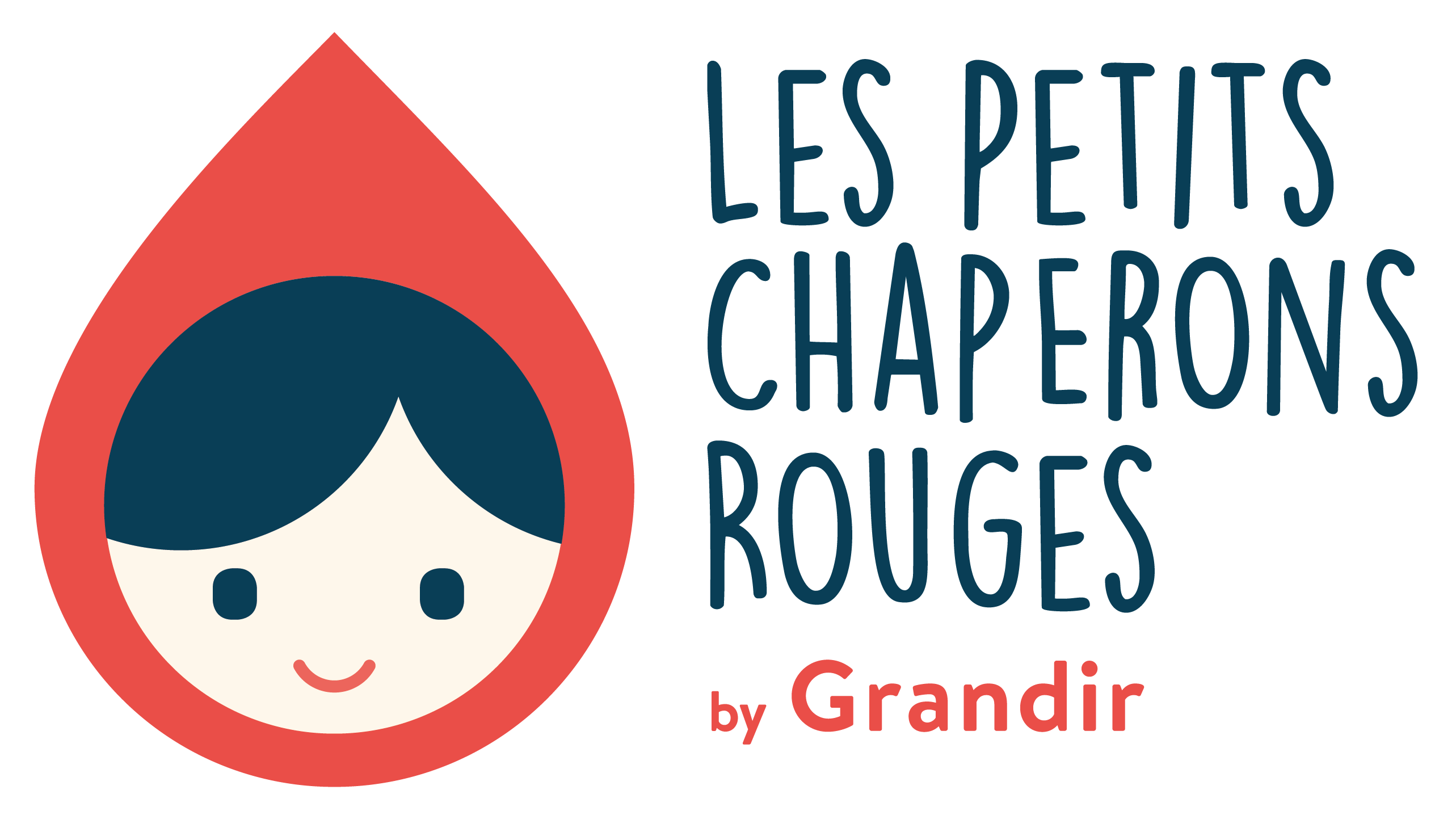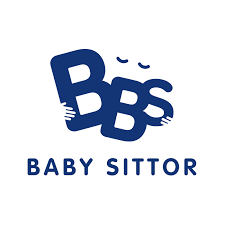Summary
From 2020 onwards, the childcare market in France was heavily impacted by the COVID-19 pandemic, with a historically low birth rate of 1.8 children per woman and disruption to services due to containment measures. Although the market is essential to support mothers' working lives, the pandemic led to the closure of childcare facilities and a shift towards priority care for the children of healthcare staff, teachers and single-parent families who were unable to telework. Before the crisis, France had over 15,000 childcare facilities and the market was valued at 3.7 billion euros. Despite this, there is a notable under-capacity in childcare, with a heavy reliance on individual childcare providers, with 61% of children under the age of three mainly looked after by their parents.
In addition, France offers significant financial assistance, such as tax breaks and CAF benefits, to offset costs for families, positioning it as one of the least expensive European countries for childcare, with an average monthly cost after subsidies of €119. Regional disparities persist in the pricing of services, with the highest hourly rates for crèches and childminders observed in Corsica and Île-de-France. The market plays an essential role in gender equality by enabling mothers to pursue their careers; however, the need to improve accessibility and capacity remains evident
The childcare ecosystem in France
The French childcare market is characterized by a complex demand pattern influenced by various socio-demographic trends. In recent years, the birth rate in France has fallen by almost 10% in the space of six years, positioning the market in a context of declining new customer numbers. However, despite the drop in the number of births, demand for childcare services remains considerable and exceeds available capacity, with theoretical childcare capacity able to accommodate just over half the child population.
In France, families make extensive use of childcare services to better reconcile their professional and private lives. These services are particularly essential for single-parent families, who account for between 10% and 15% of all families with children under 6. In these single-parent families, over 90% of children live with their mother, underlining the crucial role of the childcare market in supporting women's participation in the workforce. There is a noticeable trend towards the use of childminders and group childcare.
Among individual childcare arrangements, maternal assistants are preferred by over 85%, while group childcare in crèches is sought after for its socialization benefits. However, a significant proportion of childcare activities remain undeclared, with non-professional childcare accounting for between 30% and 35%.
The French market also shows marked geographical disparities. The cost of childcare services, such as crèches, varies across the country, with the highest rates in regions such as Corsica and Ile-de-France. Similarly, the hourly cost of a childminder varies, with Corsica again being the most expensive. The development of digital platforms has disrupted the traditional childcare market in France.
Platforms such as Yoopies, BabySittor and Kidlee have experienced significant growth, thanks to the wave of digitization and the new consumer habits of young, tech-savvy parents. Regulatory intervention has given this market a boost. Parents benefit from tax breaks and assistance from local authorities, notably the "Complément de libre choix du mode de garde" offered by the CAF, which substantially subsidizes the cost of childcare according to family income and the age of the children. Despite the challenges posed by the Covid-19 pandemic, which led to the temporary closure of childcare facilities and adjustments in childcare practices, the market proved resilient. The government stepped in to provide partial income support to affected professionals during this period, reflecting the importance of the sector to the country's social and economic fabric.In conclusion, the childcare market in France is a highly dynamic sector
Bridging the gap between supply and demand
Looking at the landscape of the French childcare market, several companies stand out for their role in shaping industry trends and meeting parents' needs. The nature of this market is highly competitive and diverse, encompassing a range of services from collective care in public and private crèches to individualized home-based childcare. Here's an overview of the main players in this sector:
group childcare facilities
- Crèches, day nurseries, kindergartens and multi-accueil establishments: These establishments are essential for providing socialization opportunities for children, and are a preferred choice for many parents. Public and private crèches, in particular, play a crucial role in early childhood care.
- Nursery assistants: Offering a more personalized approach, nursery assistants represent a tailor-made childcare solution for many parents who prefer individual attention for their children, but who also wish to provide them with a social environment conducive to their development.
- In-home childcare services: An integral part of home help services, these providers offer the convenience of care within the child's family environment, appealing to parents looking for a familiar, secure setting for their children.
Homecare franchises
Many franchises have found solid growth opportunities in the French market, some specializing in multiservices, including childcare, while others focus exclusively on services for the elderly and dependent. Notable franchises currently shaping the home help sector in France include:
- Adomis, Adenior, O2 Care Services: These companies offer a wide range of services, and their reach is extended thanks to the franchise model. They offer families flexible care options that include childcare services.
- Babychou Services, Kangourou Kids, La Compagnie des Familles, Family Sphere: Specializing in childcare, these franchises have carved out significant niches for themselves, offering services ranging from in-home care for different age groups to daycare options.
Digital platforms in childcare
The rise of digital platforms marks a major shift in the way parents find and obtain childcare services.
- Yoopies, Kidlee, BabySittor, and Bsit have advanced with digital solutions that offer convenience and confidence to parents searching for suitable childcare providers. These platforms typically provide user ratings and reviews, contributing to the trust factor so crucial in this market.
to understand this market
Detailed content
 Inforamtion
Inforamtion
- Number of pages : 30 pages
- Format : Digital and PDF versions
- Last update : 25/04/2024
 Summary and extracts
Summary and extracts
1 Market overview
1.1 Market overview and definition
Childcare refers to all the formal and informal solutions parents use to find people to look after their children when they are not available. The childcare market mainly concerns the care of children under the age of three, as in France it is compulsory for children to attend school from the age of three. Certain types of childcare, such as drop-in centers, also cater for children under the age of six.
This market is characterized by a highly diversified offer, often adapted to the parents' situation. A general distinction is made between in-home and out-of-home childcare solutions.
The main offers are organized as follows:
- Collective childcare : in public or private crèches. These include crèches (especially for pre-school children), day nurseries, kindergartens and multi-care centers.
- Maternal assistance: A maternal assistant looks after children, usually in her own home, in what is colloquially known as a nanny.
- In-home childcare : In-home childcare is one of the activities of the home help market.
Nursery assistants emphasize their individual approach to childcare, while group childcare and crèches emphasize their socialization skills.
Although the number of births is falling in France, especially by 2023, the capacity of childcare facilities is still not sufficient to meet demand. In fact, theoretical capacity corresponds to just over half the number of children. The childcare market is characterized by a severe shortage of personnel, leading some players to set up their own training schools.
The COVID-19 crisis had a major impact on this market, closing most childcare centers during the initial containment period and gradually reopening for so-called "priority" children, i.e. children of the medical profession, teachers, single-parent families or those unable to work from home. Today, however, the market has almost completely recovered, but the offer is adapting to parents' new lifestyles.
1.2 A booming global market
The childcare market is estimated at ***.** billion in ****, with a compound annual growth rate (***) of **.**% between **** and ****. The most developed market is the United States, with an estimated **.** billion in ****. This large market share is partly explained by the ** million single-parent families in the United States, and by the investments made ...
1.3 A growing domestic market
As of January *ᵉʳ, ****, France will have * million children under the age of * and *.* million under the age of *. The younger the children, the more important it is for parents to find suitable childcare solutions and professionals available to awaken the children. Under the age of six months, the vast majority of ...
2 Demand analysis
2.1 Annual births in France continue to fall sharply
Births in France In ****, around ***,*** births were registered in France, representing a sharp drop of *.*% compared to ****. Since ****, the number of births in France has fallen steadily each year, except for a rebound observed in ****. Between **** and ****, the average annual decline in the number of newborns was -*.*%, accelerating to -*.*% ...
2.2 EAJEs and childminders, the main childcare options for the French
obviously, the vast majority of parents on maternity or paternity leave don't turn to outside childcare solutions. But once they return to work, if they decide to do so, there are many options for looking after their baby and possibly other children. For young parents or parents of several children, the ...
3 Market structure
3.1 Value chain
3.2 The different types of player
In France, education is compulsory from the age of three, which is particularly young compared with other European countries. For childcare, a distinction is therefore made between childcare for children under three, for children aged * to *, and for children over six, at which age certain care solutions are no longer authorized, ...
3.3 Market size and breakdown
The childcare sector is hiring more and more people every year, and is becoming increasingly diversified in terms of companies, as the market is gradually being conquered by private companies.
number of companies and number of employees in the childcare sector France, ****-****, in thousands, in thousands Source: ****
In France (***), in ...
3.4 Government assistance
Source: ****
4 Offer analysis
4.1 An extremely diversified offering to meet the needs of families
In-home childcare encompasses a variety of tasks and services to meet the daily and specific needs of children and parents:
Source: ****
The asterisks * indicate the childcare services included in this study
Among the various services on offer, home help services and childminders provide additional assistance with home maintenance, childcare... Here are ...
4.2 Some prices
The price of most childcare solutions varies with the income of the parent(***).
Source: ****
This table shows the out-of-pocket expenses in **** for a dual-income family, depending on the type of childcare for a full-time child, after tax credit.
it should be noted that the net out-of-pocket expenses in **** for these families ...
4.3 Industry trends
There has been an evolution in the offer to adapt to the latest expectations of parents when it comes to childcare. First of all, some homecare and crèche franchises have developed their own training programs to offset the staff shortage affecting the sector. Family Sphère, for example, has ...
5 Regulations
5.1 The 2017 Finance Act
The **** Finance Act introduced measures to encourage the employment of home-based employees by offering significant tax benefits. This part of the law enabled individual employers to benefit from a tax reduction equivalent to **% of the expenses incurred for the employment of a home-based employee, up to certain ceilings. In practical terms, ...
5.2 Day-care regulations
Decree n°****-**** of August **, ****
Decree no. ****-**** of August **, **** on childcare assistants and childcare establishments is an important measure concerning childcare assistants and childcare establishments. This decree aims to reinforce the quality of care for young children by regulating more precisely the conditions of practice of maternal assistants and childcare ...
5.3 Regulations governing childminders
Convention collective nationale des particuliers employeurs et de l'emploi à domicile (***)
The national collective agreement for individual employers and home-based employment, which came into force on January *, ****, brings together the rules applicable to employees working in the homes of individual employers. It aims to simplify and clarify the rights and obligations of ...
6 Positioning the players
6.1 Player segmentation
Here are some of the major players in the sector, with their particularities and sales figures.
Source: ****
- Babychou Services
- Family Sphère
- Poppinou
- Baby Sittor
- Kidlee
- BSIT
- Yoopies
- Babilou Groupe
- Les petits chaperons rouges (Groupe Grandir)
- People and Baby (Holding)
- La Maison Bleue
- O2
- Kangourou Kids
- Callihop
 List of charts
List of charts
- Sales in the childminder and crèche markets in 2023
- Number of births per year in France
- Change in the number of women aged 20 to 40 and the fertility rate in France
- Rate of use of paternity and maternity leave
- Paternity leave uptake by employment status
All our studies are available online in PDF format
Take a look at an example of our research on another market!
Latest news
Companies quoted in this study
This study contains a complete overview of the companies in the market, with the latest figures and news for each company. :
 Choosing this study means :
Choosing this study means :
Access to more than 35 hours of work
Our studies are the result of over 35 hours of research and analysis. Using our studies allows you to devote more time and added value to your projects.
Benefit from 6 years' experience and over 1,500 industry reports already produced
Our expertise enables us to produce comprehensive studies in all sectors, including niche and emerging markets.
Our know-how and methodology enable us to produce reports that offer unique value for money.
Access to several thousand articles and paid-for data
Businesscoot has access to all the paid economic press as well as exclusive databases to carry out its market research (over 30,000 articles and private sources).
To enhance our research, our analysts also use web indicators (semrush, trends, etc.) to identify market trends and company strategies. (Consult our paying sources)
Guaranteed support after your purchase
A team dedicated to after-sales service, to guarantee you a high level of satisfaction. +44 238 097 0676
A digital format designed for our users
Not only do you have access to a PDF, but also to a digital version designed for our customers. This version gives you access to sources, data in Excel format and graphics. The content of the study can therefore be easily retrieved and adapted for your specific needs.
 Our offers :
Our offers :
The childcare market | France
- What are the figures on the size and growth of the market?
- What is driving the growth of the market and its evolution?
- What is the positioning of companies in the value chain?
- Data from several dozen databases
Pack 5 études (-15%) France
- 5 études au prix de 75,6€HT par étude à choisir parmi nos 800 titres sur le catalogue France pendant 12 mois
- Conservez -15% sur les études supplémentaires achetées
- Choisissez le remboursement des crédits non consommés au terme des 12 mois (durée du pack)
Consultez les conditions du pack et de remboursement des crédits non consommés.





 People & Baby founder ousted - 24/04/2024
People & Baby founder ousted - 24/04/2024
 Workforce shortage: private daycare centers face training headache - 15/04/2024
Workforce shortage: private daycare centers face training headache - 15/04/2024






















